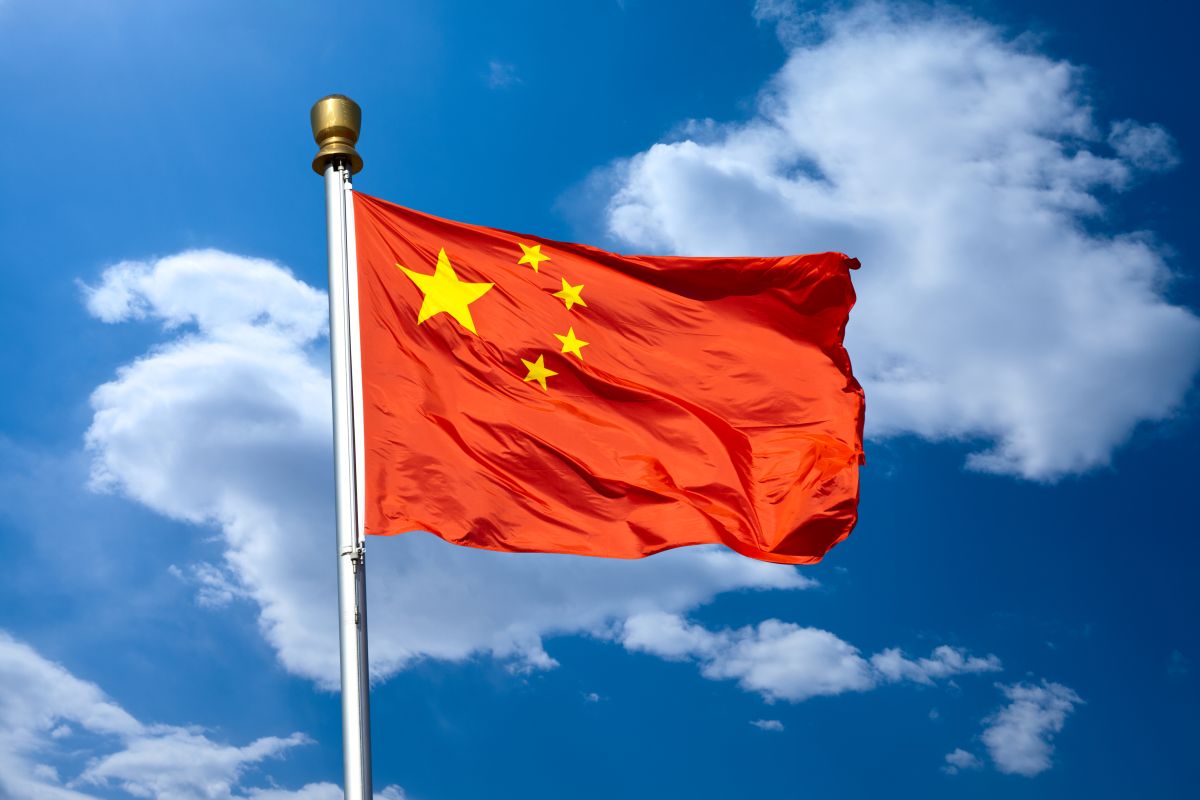Still unexplained
The hunt for the origins of Covid-19 has for the past four years been a tangled web of politics, power struggles, and international finger-pointing.
As China’s rubber-stamp parliament convenes in Beijing, the world watches with a mix of anticipation and concern, dissecting the economic roadmaps and power dynamics laid bare in the highstakes political theatre.

Representational image (Photo: IStock)
As China’s rubber-stamp parliament convenes in Beijing, the world watches with a mix of anticipation and concern, dissecting the economic roadmaps and power dynamics laid bare in the high stakes political theatre. The latest economic plan, unveiled by Prime Minister Li Qiang, attempts to steer the nation away from a prolonged slump, but the signals emanating from this spectacle are far from reassuring. At the heart of the matter lies the ambitious GDP growth target of around 5 per cent for 2024. While this goal is ostensibly admirable, it appears divorced from the realities on the ground. The 5 per cent target stands above the average forecast of 4.6 per cent, necessitating a demand for additional stimulus. However, the fiscal-deficit target of 3 per cent for 2024, augmented by long-term bond issuance and off-budget funds, seems inadequate, especially given the deflationary crisis China faces.
Consumer prices falling by 0.8 per cent year on year in January point to a stark departure from China’s historical ability to set and exceed economic targets. The economic strategy’s linchpin is the need to harness the private sector, constituting half of the national investment.
However, private investments saw a 0.4 per cent decline in 2023, largely attributed to the property market downturn. Prime Minister Li’s rhetoric on innovation and foreign firms’ “national treatment” aims to reassure, but an undercurrent of scepticism pervades. Entrepreneurs, facing regulatory instability and official security concerns, find themselves in a confidence void, with multinational investment at a 30-year low and Chinese shares discounted by 54 per cent compared to their American counterparts.
Advertisement
Amid this economic malaise, the political choreography signals a deeper struggle for power. President Xi Jinping’s growing reluctance to share power becomes evident in Prime Minister Li’s limited role and the sidelining of technocrats.
The absence of a press conference for the premier breaks with decades of tradition, hinting at a consolidation of control and a reluctance to entertain dissenting voices. While the domestic agenda takes centre stage, the global implications are hard to ignore.
Despite attempts to downplay contentious issues, such as relations with Taiwan and the role of exports, it is apparent that China sees itself entangled in a long-term cold war. Calls for greater self-reliance, a 7 per cent increase in defence spending, and maritime tensions in the South China Sea signal a nation preparing for a protracted geopolitical struggle.
China’s opaque political landscape amplifies the economic uncertainties, creating a disconcerting juxtaposition. As the economic strategy loses credibility, President Xi’s grip on power tightens, perhaps in a bid to project unwavering strength amid global challenges. In navigating this complex terrain, China finds itself at a crossroads.
The delicate balance between economic revival, political consolidation, and global relations requires a nuanced approach. The shadows of power cast by President Xi loom large, leaving the world to ponder whether China’s economic trajectory will be determined by transparent cooperation or obscured by the opacity of centralised authority.
Advertisement